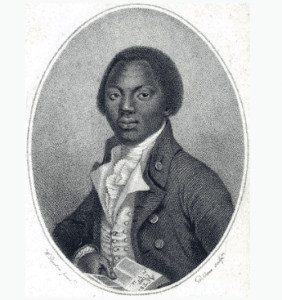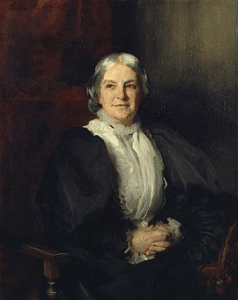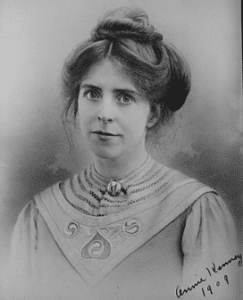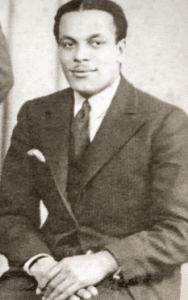Breaking barriers: Five revolutionary activists who shaped British history
For LGBTQIA+ history Month, Phoebe Horrocks, Peer Recovery Navigator and LGBTQIA+ Lead at Second Step, reflects on the importance of activism in LGBTQIA+ history and the need to recognise those who have fought for change:
Every year, during LGBTQIA+ History Month, we celebrate historical figures and icons who have contributed positively to the experiences of humankind, LGBTQIA+ communities, and society as a whole. This year, the focus is on Activism and Social Change, and highlights the work and lives of five incredible members of the community. Often, figures from our community are overlooked for their contributions, and February is a special month to pay respects and offer the recognition that the LGBTQIA+ community deserves.

Olaudah Equiano (1745-1797) wrote what is considered the first slave narrative, providing unprecedented insights into both the horrors of slavery and his experiences as a bisexual African man. His autobiography, The Interesting Narrative of the Life of Olaudah Equiano became instrumental in the abolitionist movement and remains a powerful testament to the importance of sharing one’s truth.

Octavia Hill (1838-1912) understood that living conditions directly impact mental health. As co-founder of the National Trust, she revolutionised housing for London’s working class, transforming neglected properties into decent homes. Her campaign to preserve urban green spaces reflected her belief that access to nature is vital for wellbeing – a principle that remains relevant today.

Annie Kenney (1879-1953) shattered class barriers as the only working-class woman to hold a senior position in the Women’s Social and Political Union. Her brave interruption of a 1905 political rally, demanding votes for women, became a defining moment in suffragette history. Her close relationships with other women in the movement, including Christabel Pankhurst, have made her an important figure in both feminist and LGBTQIA+ history.

Ivor Cummings (1913-1992) was known as the ‘gay father of the Windrush generation’. He broke new ground as the first Black official in the British Colonial Office. His openness about his sexuality, rare for his time, came alongside his crucial work supporting African Caribbean immigrants. After World War II, he helped recruit African nurses for the newly formed NHS and provided vital support to Windrush arrivals, understanding the importance of community support for those facing discrimination.

Charlie Kiss (1965-2022) was a groundbreaking trans activist whose work resonates deeply with mental health advocacy. From his early days at Greenham Common Women’s Peace Camp to becoming the first trans man to run for Parliament, Kiss openly discussed his experiences with gender dysphoria and mental health. His memoir and campaigning work helped secure better NHS support for trans individuals, highlighting the intersection between healthcare access and identity.
These five people remind us that mental wellbeing is intrinsically linked to social justice. Whether fighting for better housing, supporting immigrants, demanding political representation, advocating for healthcare access, or sharing personal narratives of survival, each understood that true equality means supporting the whole person – mind, body, and spirit.
Their legacy teaches us that creating positive change often means we need to address multiple forms of discrimination simultaneously. As a mental health charity, we honour their work by continuing to advocate for inclusive, accessible support for all communities, recognising that mental wellbeing and social justice go hand in hand.
